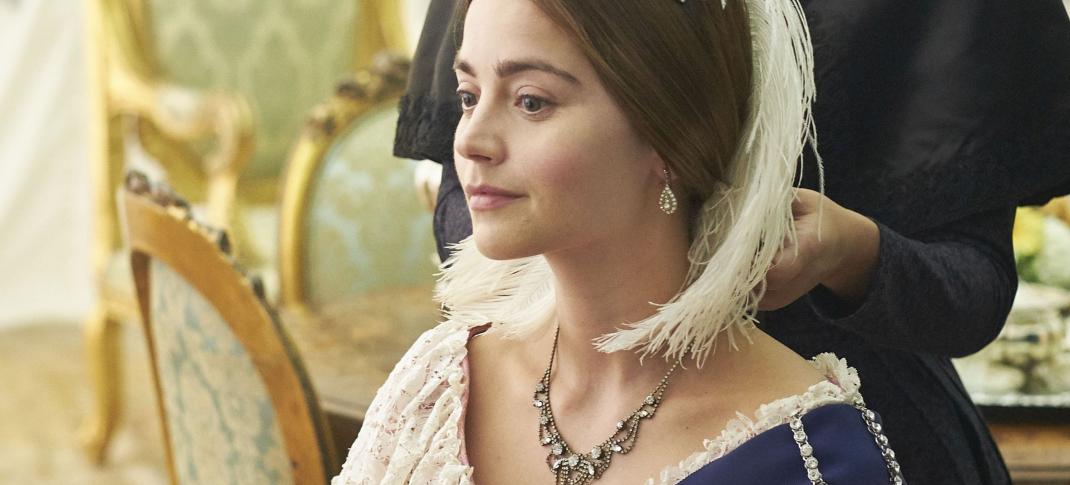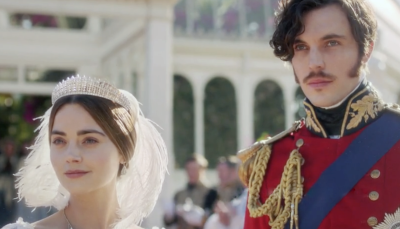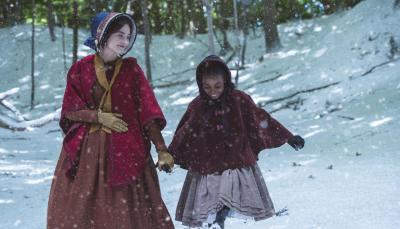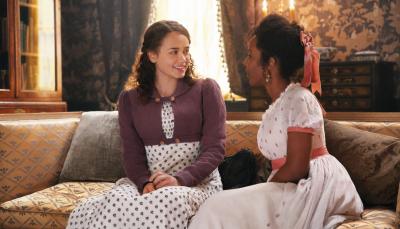Know Your 'Victoria' History: “The White Elephant”

MASTERPIECE Victoria, Season 3 Episode Eight Sunday, March 3, 2019; 9-10pm ET The world’s eyes are on the Great Exhibition, and the Royal couple. Does triumph or failure beckon? Picture Shows: Queen Victoria played by Jenna Coleman and Abigail played by Sabrina Bartlett For editorial use only. Courtesy of Justin Slee/ITV Plc for MASTERPIECE
©Justin Slee 2018
Think you know the history of Queen Victoria's reign? Wondering how much of the story portrayed by PBS series Victoria is accurate?
We take a look at the truth behind the drama in the final episode of Season 3, “The White Elephant.”
Was The Great Exhibition of 1851 A Success?
The series paints Albert's Great Exhibition as an instant success, partly due to Victoria helping push ticket sales and giving the event the royal PR treatment. This is accurate. Six million people attended the Exhibition between the time it opened and when it closed in October of that year, despite some early negative press which called it a boondoggle and a frivolous expense, including such famous names as Charles Dickens, Lewis Carroll, George Elliott, and Charlotte Brontë. Victoria's speech which opened the event, had her calling it "one of the greatest and most glorious of our lives, and which to my pride and joy, the name of my dearly beloved Albert is forever associated."
Also, and I hope the show covers this next season, when the Exhibition closed, Parliament purchased many of the artifacts, which became the founding collection for the outstanding Victoria and Albert Museum.
Did Victoria Order The Duke of Monmouth To Let His Wife Go?
So, I've been ignoring this storyline all season because it's nonsense. None of these people existed.
As I explained in an earlier history post, the Queen's Mistress of the Robes during this time was Harriet from Season 1, and the Duke of Monmouth isn't even a title that was in use during the 1800s. Finally, after eight episodes, the show got to the point, which was to have Victoria, in a shocking display of anachronistic feminism, forced the Duke to let his wife live freely, even though she was sleeping with a footman and embarrassing the household.
Obviously, none of this happened, but if it had, the chances of Victoria having done any of that are nil. Victoria may have been Queen, but she was a woman of the 1800s. She believed in family and duty and obeying and all that jazz. Her entire royal PR deal was of this perfect family. (One of the reasons she would come to believe her son Bertie was not fit for the throne was his love of being frivolous and single, instead of family, duty, and honor.) If her Mistress of the Robes was locked up for cheating, chances are Victoria would have done absolutely nothing. The Sophies of the period (who did exist) wound up going mad and dying in captivity forced upon them by the husbands who owned them like property. Please also see The Yellow Wallpaper.
Did Lord Palmerston Support Louis Napoleon?
This relationship was a little overblown, but yes, in practice, Palmerston did support Louis Napoleon. Perhaps a better way of saying it is in principle, Palmerston saw the welfare of both his country and France (and therefore most of Europe) as being dependant on the two countries having a good relationship. In practice, it was less of an active role as much as it was the two governments passively allowing the other to co-exist peacefully.
This state of affairs started deteriorating in 1847 and moved to quiet alarm when Louis Napoleon was elected in December of 1848. Palmerston made some less-than-friendly speeches at the time, condemning French colonialism. And yet, when "Napoleon III" began intervening in Italy and eyed annexing Belgium, it was Palmerston who found himself the fall guy, as The Times (and its editor John Delane) whipped up fears of war in 1852-1853. In truth, nothing happened. Despite Delane's best efforts, the concerns abated again by the middle of the decade, and little of it impacted Palmerston's path to the Prime Ministership, which will most likely be covered next year in Victoria Season 4.




